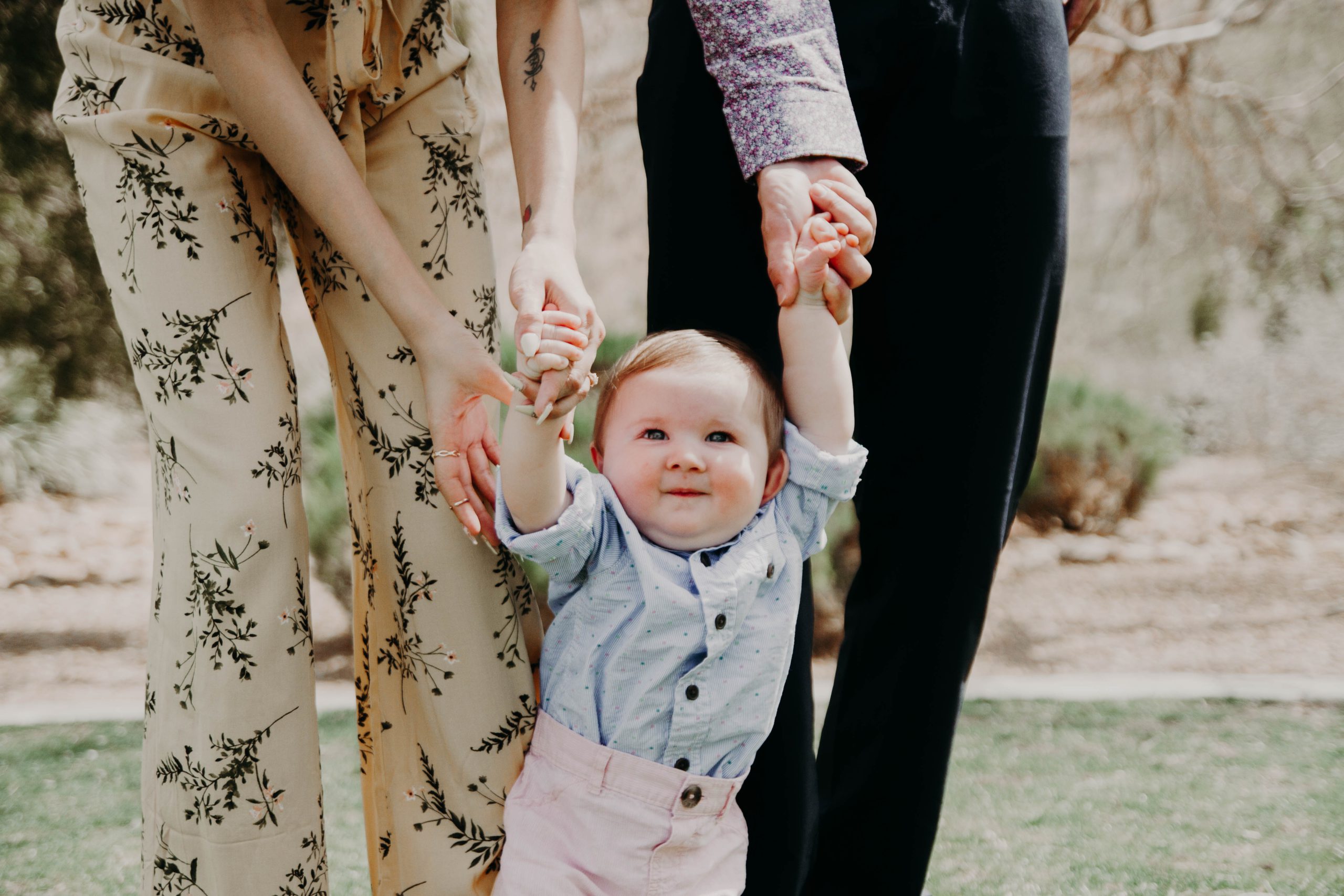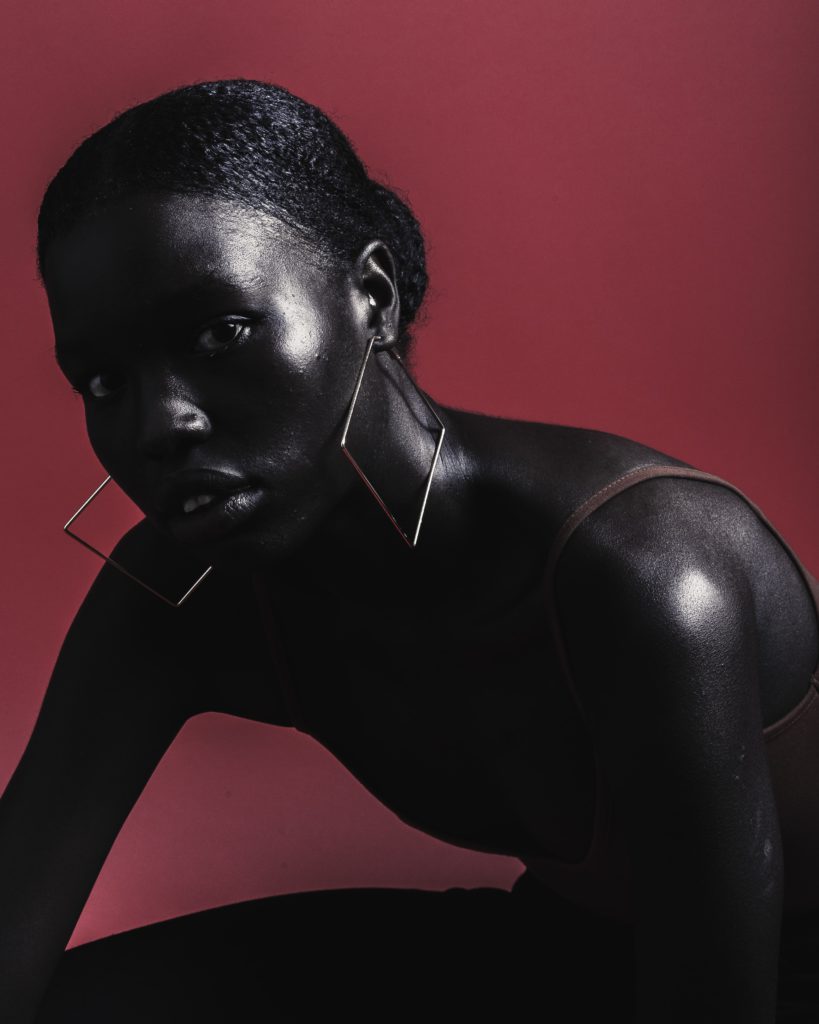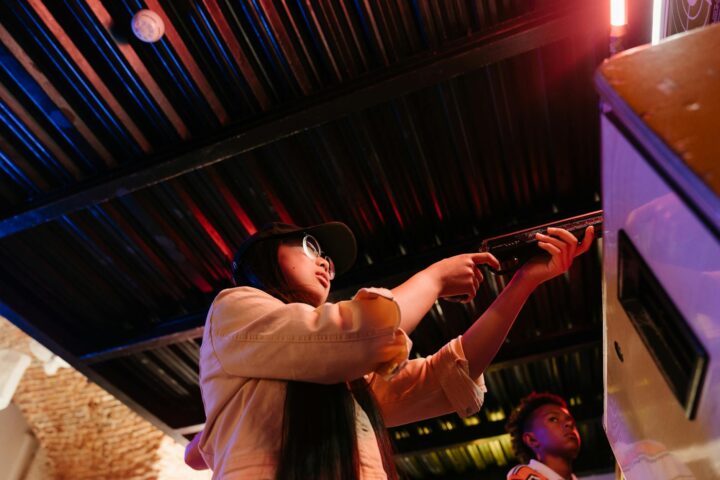Key Takeaways:
– The concept of “virginity” can be restrictive and carry unnecessary cultural significance.
– Viewing first-time experiences as “virginities” beyond just sex allows for a broader definition and celebration of new experiences.
– By shifting the focus from one specific act to various milestones, we can challenge societal norms and embrace personal preferences.
– Rejecting the concept of virginity promotes inclusivity and allows individuals to explore their desires at their own pace.
The Problem with the Traditional Notion of Virginity
From a young age, many of us are bombarded with messages about the importance of “losing our virginity.” This concept implies that first-time penis-in-vagina sex holds a special significance above all other sexual experiences. However, this idea lacks a biological basis and reinforces societal norms and biases.
It’s crucial to recognize that there is nothing inherently more valuable or meaningful about first-time intercourse compared to other relationship milestones, such as the first time two people take a shower together or go on vacation together. By reimagining and expanding the notion of “virginity,” we can appreciate and celebrate all the new experiences life has to offer.
1. Breaking the Misogynistic Connotations
Historically, the concept of virginity has been disproportionately applied to cisgender women. It has been tied to cultural rituals and used as a measure of a woman’s worth, dictating how she is referred to and even influencing her marriage prospects. This not only perpetuates harmful attitudes but also reinforces gender inequality.
By broadening the concept of virginity to include various first-time experiences, we challenge the notion that a person’s worth or desirability should be determined by their sexual activity. Cooking a meal with a partner, flying solo on a plane, or any other new experience should not be judged or deemed less valuable simply because they are not related to sex. Recognizing this helps dismantle oppressive attitudes and fosters a more inclusive and equal society.
2. Embracing a Broader Definition of Sex
The traditional notion of virginity often centers around heterosexual intercourse, excluding other sexual expressions and relationships that do not fit within this framework. This narrow perspective limits individuals and perpetuates heteronormative biases. Everyone should have the freedom to explore their desires and engage in sexual activities that align with their preferences.
By expanding the concept of virginity, we create space for a broader definition of sex that includes diverse experiences and relationships. It allows individuals to explore different forms of intimacy, from kissing to oral sex to any other sexual activity, without assigning a hierarchical value. By removing the pressure to conform to a predetermined progression, we empower individuals to discover what truly brings them joy and fulfillment in their relationships.
3. Reducing the Fear Surrounding First-Time Experiences
The traditional narrative around virginity often instills fear and anxiety, particularly in young women. Messages about pain, attachment, reputation, and unrealistic expectations contribute to unnecessary stress and pressure surrounding first-time intercourse. This negative portrayal is not the norm for most other first-time experiences in life.
Birthdays, the first day of school, and learning to drive are all celebrated milestones. These experiences are seen as exciting moments of growth and development. We should approach first-time sex with the same mindset, allowing it to be a positive, consensual, and personally meaningful experience, free from unnecessary societal pressure.
4. Celebrating Infinite First-Time Experiences
By recognizing that we can have multiple virginities, we open ourselves up to infinite possibilities for celebration and growth. Moments like saying “I love you” for the first time or embarking on new adventures together hold immense significance in relationships. They mark important milestones and provide opportunities for connection and personal growth.
Shifting our perspective to acknowledge and celebrate these various “virginities” allows us to appreciate the richness of life’s experiences. Whether it’s the first time someone catches your eye, the first text, or the first night together as a married couple, each moment can be meaningful and worthy of recognition.
Redefining “Virginities” for Personal Celebration
Reimagining the concept of virginity is not about assigning biological reality to the term but rather embracing the excitement and significance of first-time experiences. It’s an opportunity to challenge societal norms, reject harmful connotations, and celebrate personal milestones.
While the term “virginity” may carry negative cultural baggage for some, the idea of celebrating new experiences remains powerful. By appreciating and cherishing each unique first-time encounter, we can create a more inclusive and compassionate understanding of our personal growth and relationships.
So, let’s leave behind the restrictive and judgmental concept of virginity and instead focus on cultivating a culture that values and celebrates all of our “virginities” – the endless moments that shape our lives and relationships.









